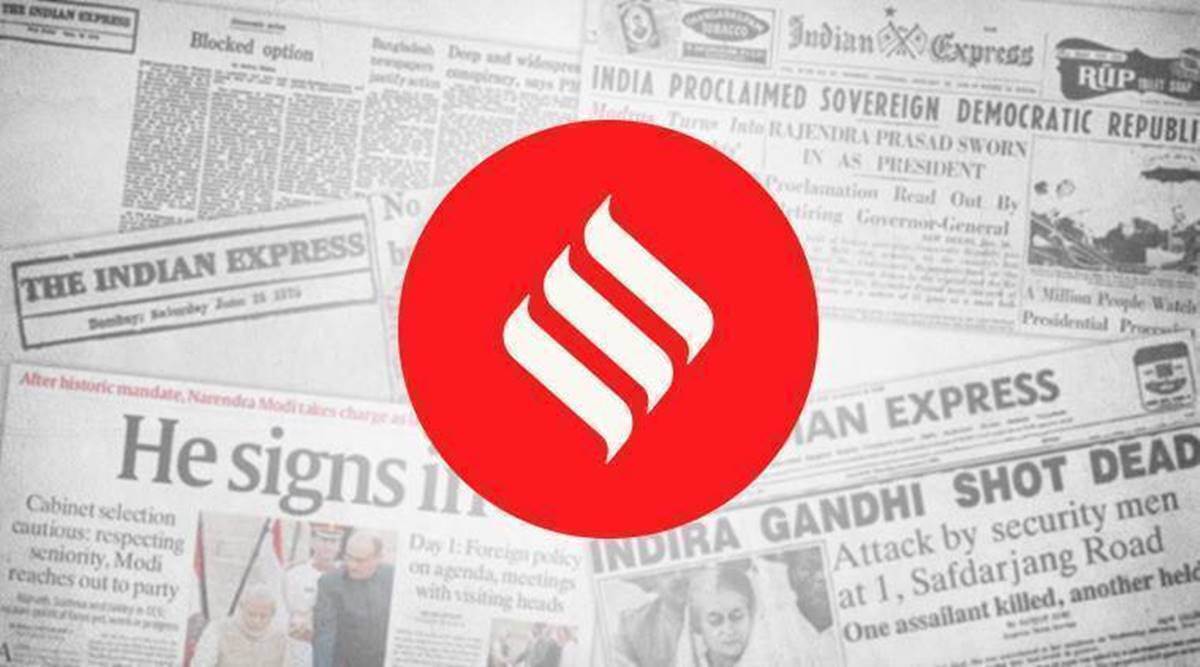 Democracy, checks and balances, negotiation — these are good words, not bad.
Democracy, checks and balances, negotiation — these are good words, not bad.A part of the reason why Niti Aayog CEO Amitabh Kant sounds so off-key is terrible timing. His comments, at an online event on Tuesday, about the difficulty of “tough” reforms in India because “we are too much of a democracy” come bang in the middle of a high-visibility impasse between government and farmers camping at Delhi’s borders, for 13 days now, in the bitter cold. At the heart of the stand-off are farm “reforms” rammed through Parliament by the BJP-led government, with little or no evidence of consultation with allies, parties of the Opposition, or farmers’ organisations and their representatives, no thorough debate in the House, no reference to a standing committee, in the middle of a pandemic that has accentuated an economic decline. The intent or merit of the reform — this paper has argued that the three laws move India’s agriculture in broadly the right direction — has been overtaken by legitimate questions on the manner in which it is seen to have been railroaded through. In this backdrop, “too much democracy” sounds more than a little inept. It reinforces the protesters’ suspicions that someting sneaky, behind their back, is being done in the name of their welfare. But Kant gets more than just the moment wrong. Surely, he would know that the conventional narrative of strong-government-equals-more-economic-growth/reform stands punctured by India’s experience in the coalition era, when power was more fragmented — a period he would presumably characterise as too-much-democracy. It is not just that a government with a tenuous hold on power opened up the economy in 1991 — it could be argued that those reforms happened because India had its back to the wall. It is also that in the three decades before 2014, when India was governed by coalitions, its economy can be said to have come of age, reforming, achieving high growth rates, pulling millions out of poverty.
The Niti Aayog CEO’s webinar wisdom doesn’t merely fly against facts, it also frames the issue in a way that does disservice to both democracy and reform. To see reforms as adversarial to the democratic process is to foreclose spaces for negotiation, innovation, and dialogue. This approach, if taken seriously in the corridors of power, is fraught with special risks given India’s diversity in which checks and balances on executive power often seem too weakly institutionalised. On farm reform, it could be argued, in fact, that it is inadequate democracy, not too much of it, the concentration of power instead of its dispersion, that has contributed to the present stalemate. Arguably, if the government had talked and listened more to stakeholders instead of vilifying them when they protested, if cautionary voices within the NDA had been heard, or if all parties had used the parliamentary space better, the issue would have played out differently.
Democracy, checks and balances, negotiation — these are good words, not bad. They serve to limit the worst impulses of the ruling regime, whatever its ideological colour. Among the stated objectives of Niti Aayog, India’s “premier policy think tank,” is to evolve a “shared vision” of national development with states and to foster “cooperative federalism.” That means much more democracy. As CEO, Kant should know better — he doesn’t need to badmouth democracy to sing the government’s praise.